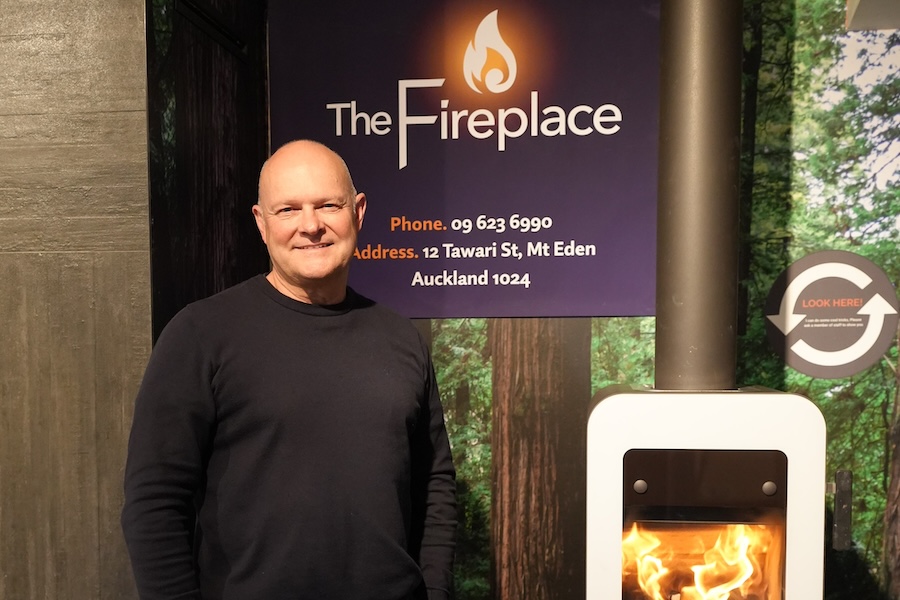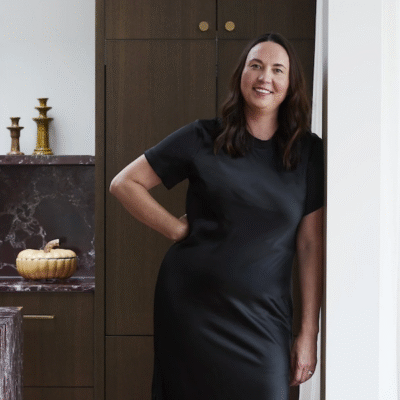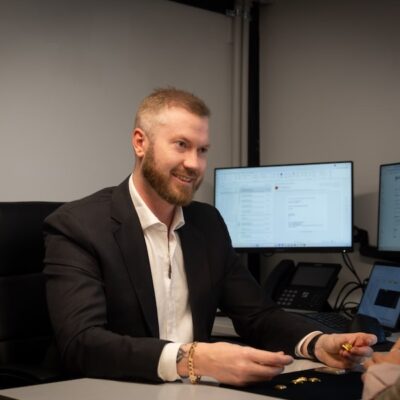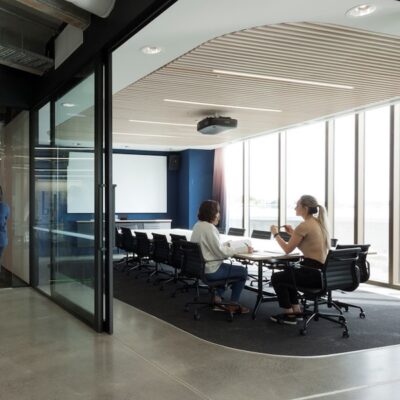Burning bright: Insights from a small business success story
Pictured above: Geoff Dunn.
In this insightful Q&A, Geoff Dunn, Director of The Fire Place Limited, shares his journey from corporate executive to thriving entrepreneur. Discover his growth strategies, lessons learned from early challenges, and advice for those embarking on their own business ventures.
Q: What inspired you to start your own business, and how did you come up with the idea?
A: I spent nearly 25 years in the food industry, working in corporate environments. After dismantling a business I built over a decade, I felt I’d had enough of corporate life and wanted to work for myself. I was interested in finding an import and distribution business with sufficient scale, though I didn’t initially set out to focus on fireplaces. Through this search, I happened upon a business in the fireplace industry, which turned out to align with my genuine passion.
Q: Can you describe some of the initial challenges you faced and how you overcame them?
A: Partnering up was a key challenge. I joined forces with an old friend who had complementary skills. However, early on, the business couldn’t sustain both of us full-time, so my partner continued his role as a finance director elsewhere. This meant I relied heavily on the internal team’s skills, especially in finance, which was a bit outside my expertise. Trusting others to handle areas where I had limited knowledge was a significant hurdle, but it was crucial for us to move forward.
Q: What were the key milestones in the early stages of your business, and how did they shape your path?
A: Initially, the focus was on understanding the true state of the business, especially the sales pipeline. Building confidence in this area and getting to know our customers and suppliers was essential. We didn’t have a formal business plan during the first year, as we were immersed in understanding the business from within. By the second year, we could start shaping a clearer strategy based on what we had learned.
Q: What strategies have you used to grow your business, and which have been most effective?
A: Defining our core competencies was crucial, particularly our focus on the luxury market. Additionally, we expanded into new channels, including the retirement sector. Our digital marketing strategy, especially working with Pure for SEO and CRO, proved effective as well, allowing us to build a strong online presence.
Q: Can you share a significant setback you experienced and how you managed to recover?
A: One notable setback involved a product recall, related to a warranty issue we weren’t fully aware of when buying the business. I gathered the key people involved and worked through the root causes. Another challenge was navigating the supply issues and pricing pressures during COVID-19, which required us to adapt quickly.
Q: How did you fund your business, and what advice would you give to others seeking funding?
A: We secured funding through bank support, which involved using our homes as collateral. My business partner’s finance background was invaluable here. For those seeking funding, I’d recommend finding skilled advisors, as bankers won’t provide all the guidance you need, especially on matters like understanding your equity position and risks.
Q: How do you balance the demands of running a business with personal life?
A: My children are grown, and my wife is very supportive, which helps. I’m always thinking about the business, but I don’t let it consume me. It’s essential to find activities that recharge you, so you have the energy to keep building your business.
Q: What role has mentorship and networking played in your journey? Can you share an example?
A: Networking has been crucial. I sought advice from experienced business owners before buying the company. One piece of advice that stuck with me was not to employ a mirror image of myself. Bringing in people with diverse skills and perspectives has been instrumental.
Q: What advice would you give to someone considering starting their own business?
A: Make sure you’re bringing different skills to the table, especially for senior roles. Avoid hiring people who think just like you, as diversity in skill sets is essential for success.
Q: How do you stay motivated and focused, especially during tough times?
A: Staying close to customers helps. In challenging years, we’ve spent more time with key customers to ensure we’re meeting their needs. This connection keeps us grounded and focused on what matters.
Q: What are the most important lessons you’ve learned about leadership and managing a team?
A: Recognising that people are different and understanding their unique perspectives is fundamental. Embracing diversity in thought and background leads to better outcomes, so as a leader, facilitating diverse ideas is key.
Q: How big is your team?
A: We have nine people now, down from 14 when we started. In a small business, everyone wears multiple hats, which has its challenges, especially as we work toward freeing ourselves from day-to-day operations.
Q: How do you approach innovation and stay competitive in your industry?
A: Being well-connected to customers and hearing their feedback is essential. We also work closely with key suppliers to ensure they understand the New Zealand market’s needs. Attending industry events helps us stay on top of trends and maintain strong networks.
Q: Can you describe a turning point in your business that significantly impacted its trajectory?
A: Expanding into the retirement sector was pivotal. We hired someone with connections in that sector, which accelerated our access and growth. It took time, but this strategic move has started to yield long-term results.
Q: What strategies do you use for customer acquisition and retention?
A: We maintain strong relationships with existing retail customers and use a CRM system to manage contacts with prospects, ensuring we stay engaged throughout long sales cycles.
Q: How do you measure success, both personally and for your business?
A: For me, success means freedom – to work with whom I want, when I want. For the business, it’s about growth and continuous improvement. I’m motivated by seeing our team grow and thrive.
Quick-Fire Five
- Best business advice received:
Don’t employ a mirror image of yourself.
- One thing you wish you’d known before starting:
Understand compliance requirements and regulatory expectations.
- Biggest current challenge:
Cost pressures and supply chain management.
- Go-to productivity tool:
Effective delegation.
- Book that influenced your approach:
FYI: For Your Improvement by Michael M. Lombardo & Robert W Eichinger. A resource on leadership competencies and managing people.







